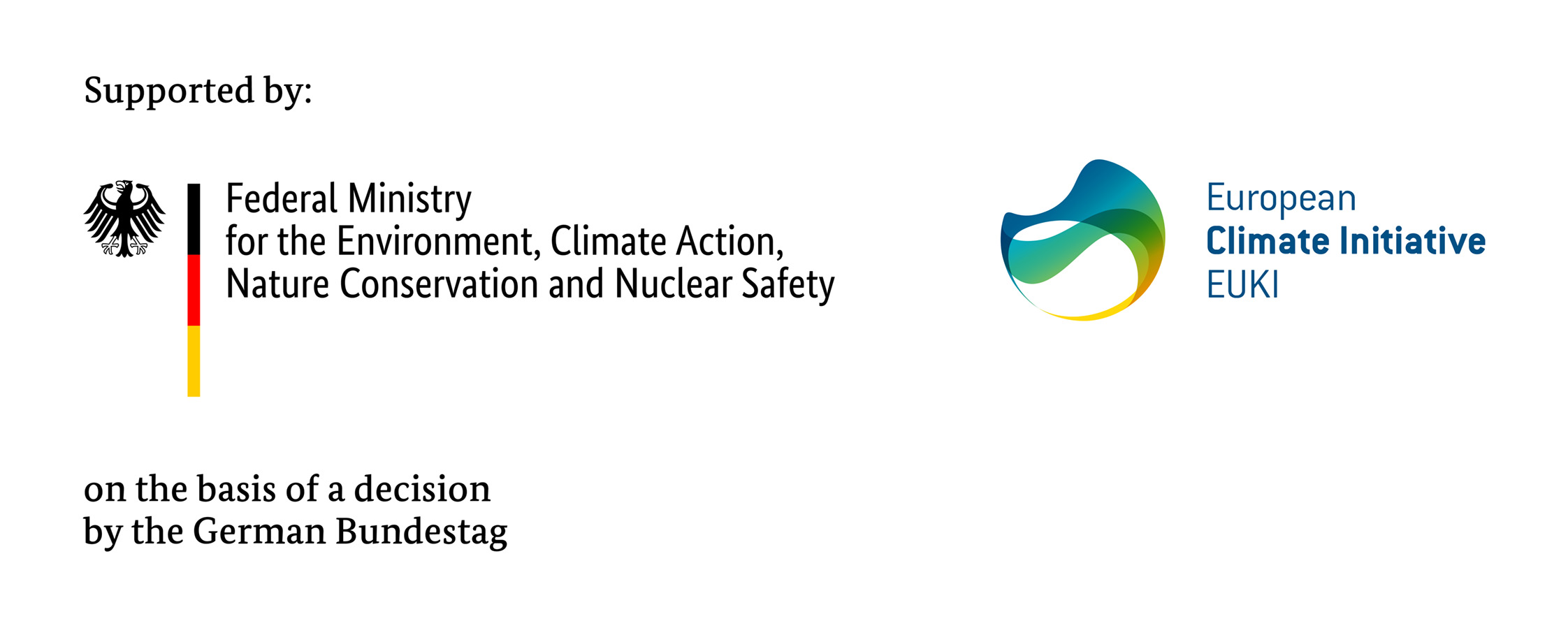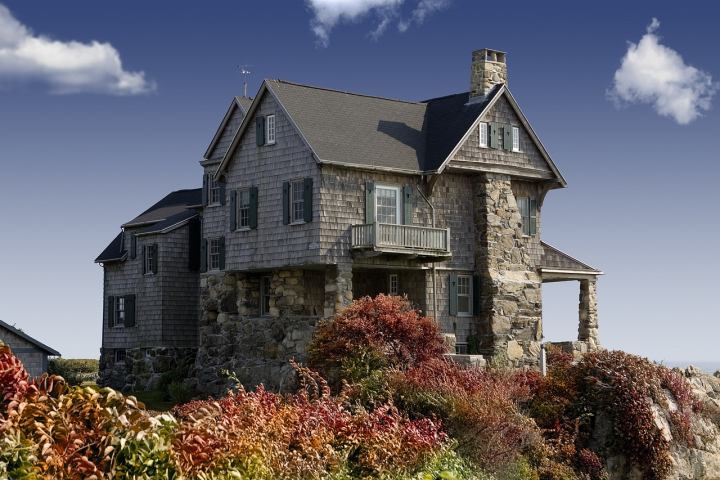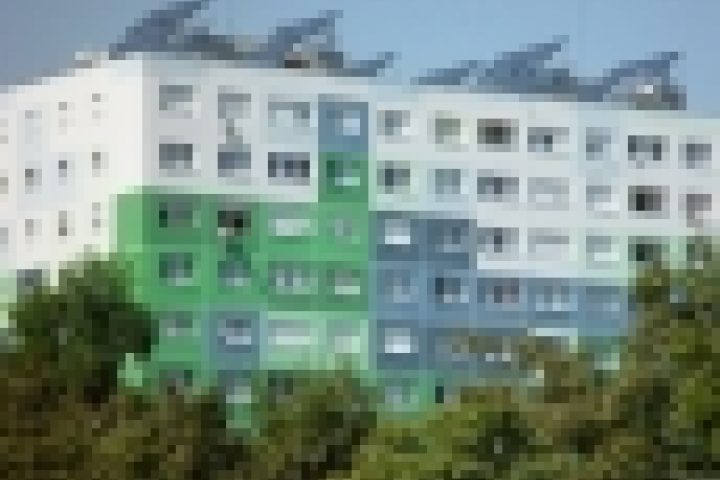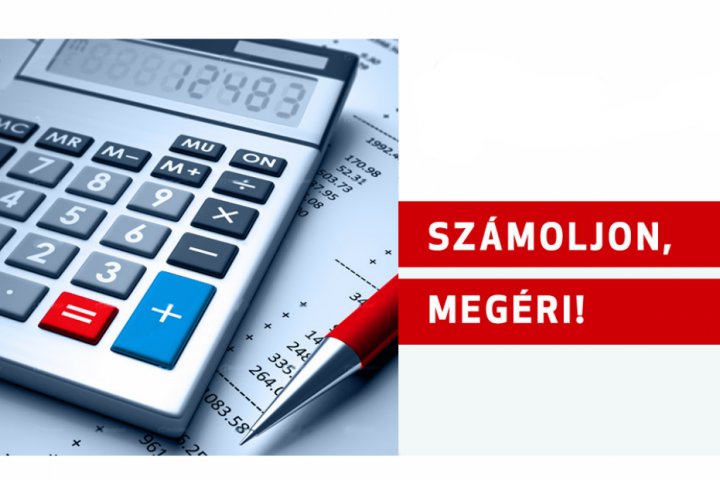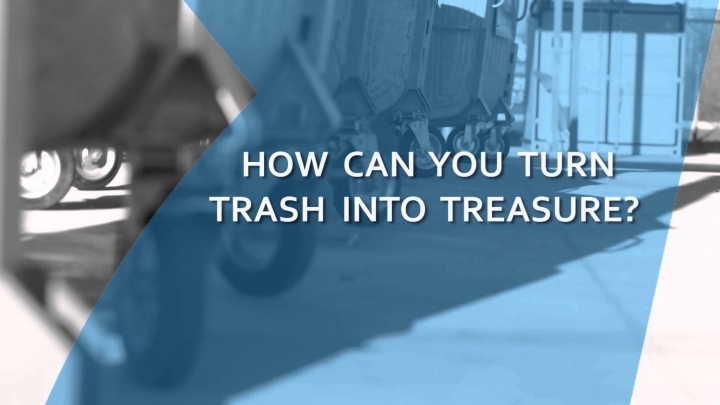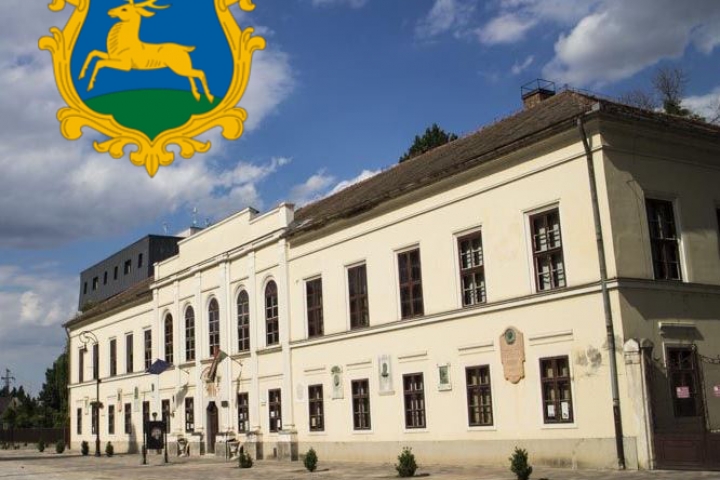RenovAID: Good Practices From Poland And Hungary Support Building Renovation In EU Aspiring Countries
The RenovAID project, which has been running since November 2023, is coming to an end. At the event concluding the project, the partners presented the results of the project and discussed the transfer of good practices in the field of building renovation between countries and twin cities. This means that the solutions developed in Poland and Hungary can be used by countries aspiring to EU membership, such as Albania, Kosovo, Ukraine and Moldova.
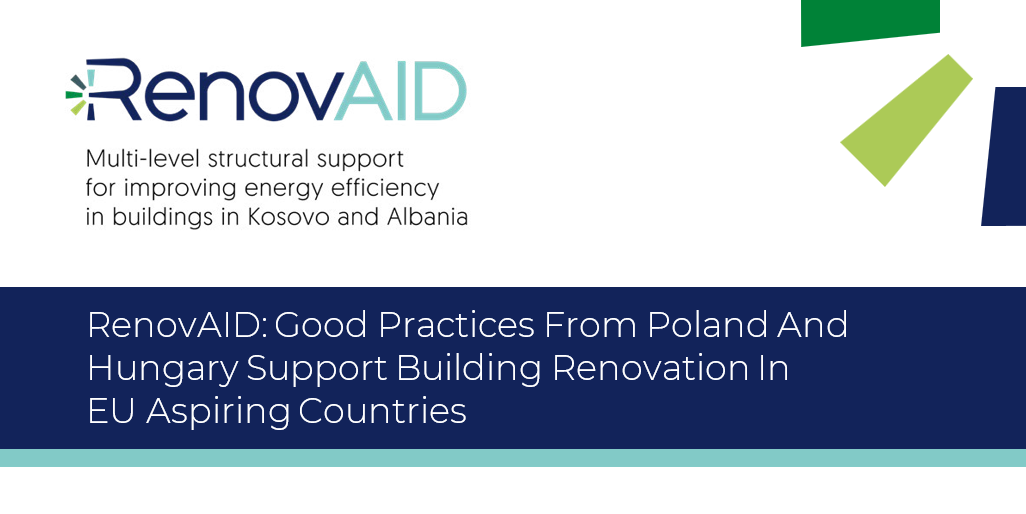
Over the past two years, partners from Poland, Hungary, Albania and Kosovo have prepared analyses and reports on policies and practices in the field of energy efficiency in buildings in Albania and Kosovo; They have conducted training courses, workshops and a study visit for public administrations and stakeholders, including activities supporting the creation of one-stop shops for building renovation. The project also included the preparation of educational materials and films to raise awareness of energy efficiency.
This project taught us and strongly demonstrated that cooperation among cities can drive real change in achieving climate policy objectives, said Krzysztof Fal, Director of Program Development at WiseEuropa. Even if one country or city is not yet highly advanced or a leader in implementing such policies, by building on its experiences and fostering cooperation and the exchange of views and expertise between cities, we can develop effective solutions that address all key challenges, he added.
RenovAID addressed the issue of modest progress in improving the energy efficiency of buildings in Kosovo & Albania by providing multi-level structural support. The underlying rationale behind RenovAID was the importance of energy efficiency in the energy transition, as it simultaneously addressed environmental, social, economic and energy security dimensions. As both target countries lack adequate policy frameworks, RenovAID aimed to provide holistic support for this aspect of the energy transition.
The press release can be downloaded in PDF format by clicking here.
The project was implemented by WiseEuropa (project leader; Poland) Energiaklub (Hungary), Mileukontakt (Albania), Balkan Green Foundation, and The Institute for Development Policy (Kosovo).
This project is part of the European Climate Initiative (EUKI) of the German Federal Ministry for the Environment, Climate Action, Nature Conservation and Nuclear Safety (BMUKN).
